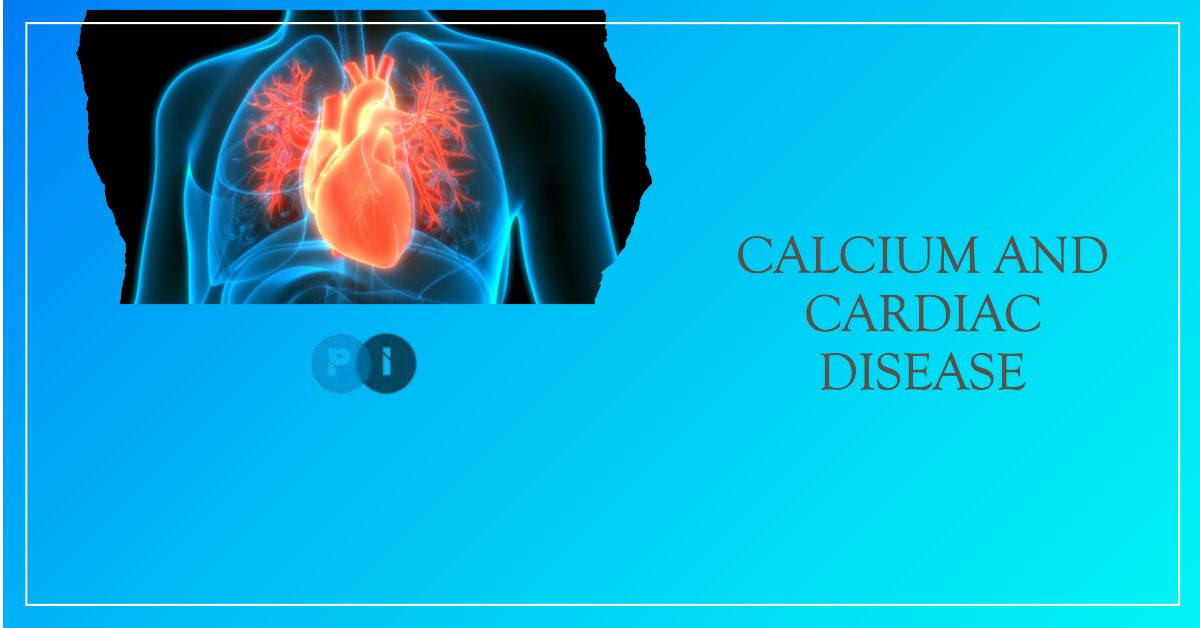
Calcium is an essential mineral that is needed for many bodily functions, including building and maintaining strong bones, transmitting nerve impulses, and contracting muscles. It is also thought to play a role in heart health.
Try Calcium Carbonate & Vitamin D
[content-egg module=AmazonNoApi template=grid]
Contents
Calcium and Cardiac Disease
There is some evidence that calcium may help protect against heart disease. For example, a study of over 40,000 women found that those who took calcium supplements had a lower risk of heart disease than those who did not take supplements.
Alternatively Try HIMALAYAN ORGANICS CALCIUM
However, other studies have found no link between calcium intake and heart disease risk. More research is needed to determine the exact role of calcium in heart health.
How Calcium May Help Protect Against Heart Disease
There are a few ways that calcium may help protect against heart disease. First, calcium helps to keep bones strong and healthy. Strong bones help to protect the heart from damage caused by a fall or other injury.
Second, calcium helps to regulate blood pressure. Uncontrolled high blood pressure can damage your heart and lead to heart disease. Calcium helps to relax blood vessels, which can help to lower blood pressure.
Third, calcium helps to prevent the buildup of plaque in arteries. Plaque is a fatty substance that can build up in arteries and narrow them. This could result in a heart attack or stroke. Calcium helps to prevent the buildup of plaque by binding to cholesterol and preventing it from being absorbed by the body.
Calcium Supplements and Heart Disease
Some people take calcium supplements to help prevent heart disease. However, there is some evidence that calcium supplements may actually increase the risk of heart disease.
A study of over 70,000 people found that those who took calcium supplements had a higher risk of heart disease than those who did not take supplements. The risk was highest in people who took the highest doses of calcium.
It is not clear why calcium supplements may increase the risk of heart disease. However, one possibility is that calcium supplements can interfere with the body’s ability to absorb vitamin D. Vitamin D is important for heart health, and a deficiency in vitamin D can increase the risk of heart disease.
Calcium-Rich Foods
If you are concerned about your calcium intake, talk to your doctor. They can help you create a personalized plan to meet your needs. There are many calcium-rich foods available, including:
- Good sources of calcium include dairy products, such as milk, cheese, and yogurt, and dark green vegetables, such as kale, broccoli, and collard greens.
- Tofu
- Sesame seeds
- Fortified orange juice
- Sardines
Calcium Recommendations
Calcium is important for bone health. Adults need 1,000 mg per day. Women over 50 and men over 70 need 1,200 mg per day.
It is important to note that calcium supplements should not be taken without first talking to a doctor. Calcium supplements can interact with certain medications, and too much calcium can be harmful.
Conclusion
Calcium is an essential mineral that plays a vital role in many bodily functions, including bone health, muscle function, and nerve signaling. It is also thought to play a role in heart health.
There is some evidence that calcium may help protect against heart disease. However, other studies have found no link between calcium intake and heart disease risk. More research is needed to determine the exact role of calcium in heart health.
Seek medical advice if you are unsure about how much calcium you should be taking. They can help you determine how much calcium you need and whether you should take calcium supplements.
Here are some additional details about the relationship between calcium and heart health:
- Calcium helps to keep bones strong and healthy. Strong bones help to protect the heart from damage caused by a fall or other injury.
- Calcium helps to regulate blood pressure. Uncontrolled high blood pressure can increase your risk of developing heart disease. Calcium helps to relax blood vessels, which can help to lower blood pressure.
- Calcium helps to prevent the buildup of plaque in arteries. Plaque is a fatty substance that can build up in arteries and narrow them. This condition can put you at risk for a heart attack or stroke. Calcium helps to prevent the buildup of plaque by binding to cholesterol and preventing it from being absorbed by the body.
It is important to note that calcium supplements should not be taken without first talking to a doctor. Calcium supplements can interact with certain medications, and too much calcium can be harmful.
If you have any questions or concerns about your calcium intake, please consult a healthcare professional. They can help you determine how much calcium you need and whether you should take calcium supplements.
Also Read: Eczema Symptoms






